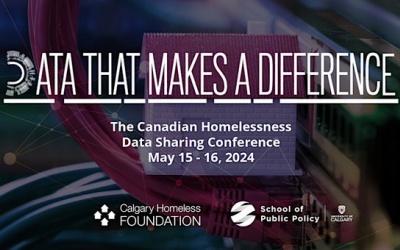Is “Too Much Information” a Policy Problem?
For most of human history, we have struggled to solve problems of too little information. Recently, the cell phone texters among us have presented society with a concise phrase that identifies the opposite problem: “too much information” or TMI. While the phrase normally is associated with meaningless online posts that in previous generations would not have been imposed upon the world, it also suggests a policy problem that will face us in the future.
If you imagine a world where all genetic information is known, does that mean that life and health insurance have little or no value?
A friend recently was able to request a full genetic profile for a truly accessible price – maybe $100. At the time she did so, she was told that having the profile done would automatically preclude her from being considered for long-term care insurance. Why? Because in the area of genetics, our knowledge is uneven and the measurement of risk is at best a moving target. This unevenness has led to laws and regulations that preclude insurers from using genetic test results as a means to protect society from having some members treated vastly different from others. In short, the person with the genetic profile has too much information — or more precisely, she has too much information that is not available to the insurance company for its underwriting classification process. This exemplifies the classic economics problem of asymmetric information.
This is but a single example of how the availability of more information can disrupt the systems that have served society well for the last couple of hundred years. Mechanisms, like insurance, reduce risk by creating pools of people who face similar risks – risks for which the aggregate cost can be estimated with some degree of accuracy but not the identity of which people will suffer the loss. Through the mechanism of the law of large numbers (known to mathematicians as the central limit theorem), individuals and businesses are able to replace certain uncertain costs with the certainty of insurance premiums.
With what systems should the present ones be replaced? Upon what values should we develop those systems? If you imagine a world where all genetic information is known, does that mean that life and health insurance have little or no value? Taken to the extreme, you find yourself inside the movie Gattaca where society’s value of the individual – and willingness to invest in the individual – is based on a genetic profile. Only those with a high probability of long healthy lives deserve to have society invest in their education. We term this ‘science fiction’ precisely because it is so unimaginable that public policy could ever go that far. However, every scientific breakthrough brings us one millimeter closer to decisions that could lead us there. Vigilance is warranted.

